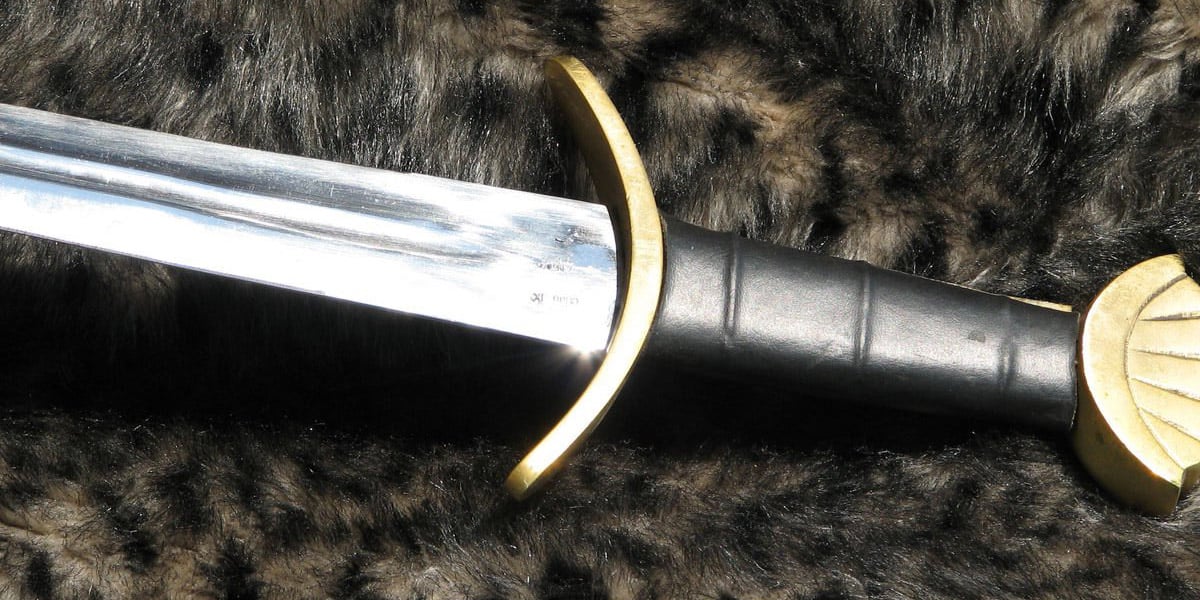Pope Leo XIV – Inaugural Mass Homily
Elected on May 8, 2025, as the 267th successor of St. Peter, Pope Leo XIV’...

Baldwin of Canterbury here extols the piercing power of the living Word of God, sharper than any two-edged sword. A reflection on Hebrews 4:12
The word of God is both living and powerful and much more piercing than a two-edged sword [Heb 4:12].
The word of God is plainly shown in all its strength and wisdom to those who seek out Christ, who is the word, the power and the wisdom of God. This word was with the Father in the beginning, and in its own time was revealed to the apostles, then preached by them and humbly received in faith by believers. So, the word is in the Father, as well as on our lips and in our hearts.
This word of God is living; the Father gave it life in itself, just as he has life in himself. For this reason it not only is alive, but it is life, as he says of himself: I am the way, the truth and the life [John 14:6].
Since he is life, he is both living and life-giving. For, as the Father raises up the dead and gives them life, so also the Son gives life to those he chooses. He is life-giving when he calls the dead from the grave and says: Lazarus, come forth. When this word is preached, in the very act of preaching it gives to its own voice, which is heard outwardly, a certain power which is perceived inwardly, so much so, that the dead are brought back to life and by these praises the sons of Abraham are raised from the dead. This word then is alive in the heart of the Father, on the lips of the preacher, and in the hearts of those who believe and love him.
Since this word is so truly alive, undoubtedly it is full of power. It is powerful in creation, powerful in the government of the universe, powerful in the redemption of the world. For what is more powerful, more effective? Who shall speak of its power; who shall make all its praises heard? It is powerful in what it accomplishes, powerful when preached. It does not come back empty; it bears fruit in all to whom it is sent. It is powerful and more piercing than any two-edged sword when it is believed and loved.
For what is impossible to the believer? What is difficult for a lover? When this word is spoken, its message pierces the heart like the sharp arrows of a strong man, like nails driven deep; it enters so deeply that it penetrates to the innermost recess. This word is much more piercing than any two-edged sword, inasmuch as it is stronger than any courage or power, sharper than any shrewdness of human ingenuity, keener than all human wisdom, or the subtlety of learned argument.
This post on the piercing power of the living word of God is reflection on Hebrews 4:12. It an excerpt from a work by Baldwin of Canterbury, bishop (Tract. 6: PL 204, 451-453). It appears in the Roman office of readings for Friday in the 30th week in ordinary time. The accompanying biblical reading comes from Wisdom 8:1-21b.
Banner/featured image by Lenny Flank on FreeImages. Public domain.
No Comments